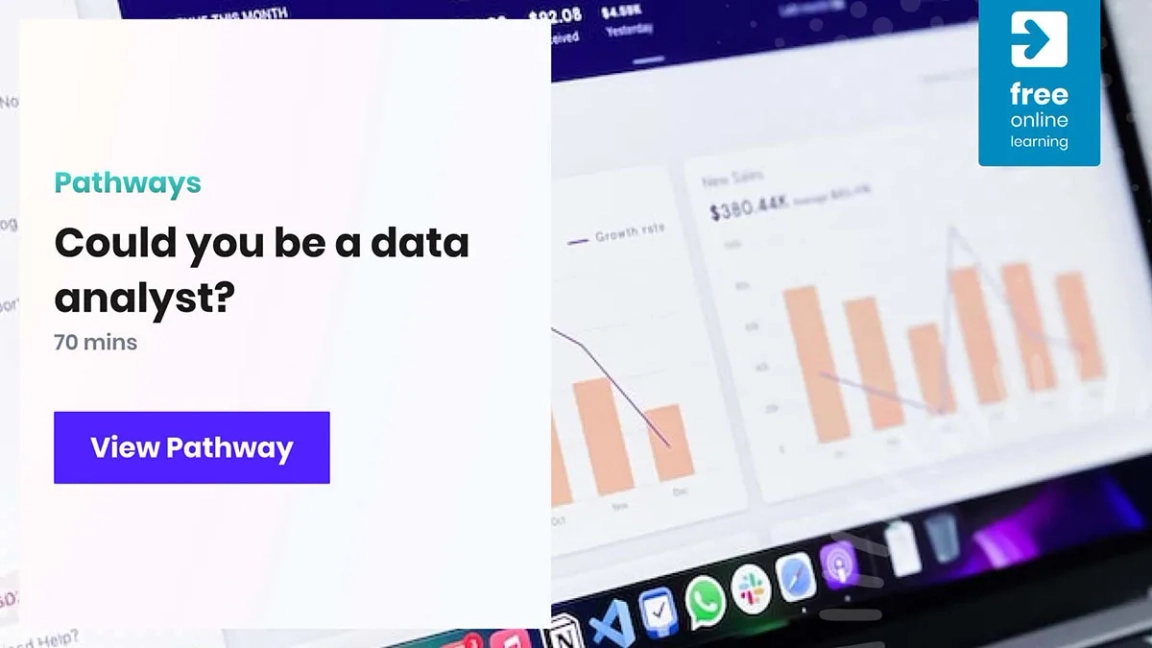Job descriptions and industry overviews
Data analyst
24 Feb 2023, 16:41
An ideal career choice for the maths, statistics and data whiz, with excellent career prospects.

gradireland Editorial advice
This describes editorially independent and impartial content, which has been written and edited by the gradireland content team. Any external contributors featuring in the article are in line with our non-advertorial policy, by which we mean that we do not promote one organisation over another.

